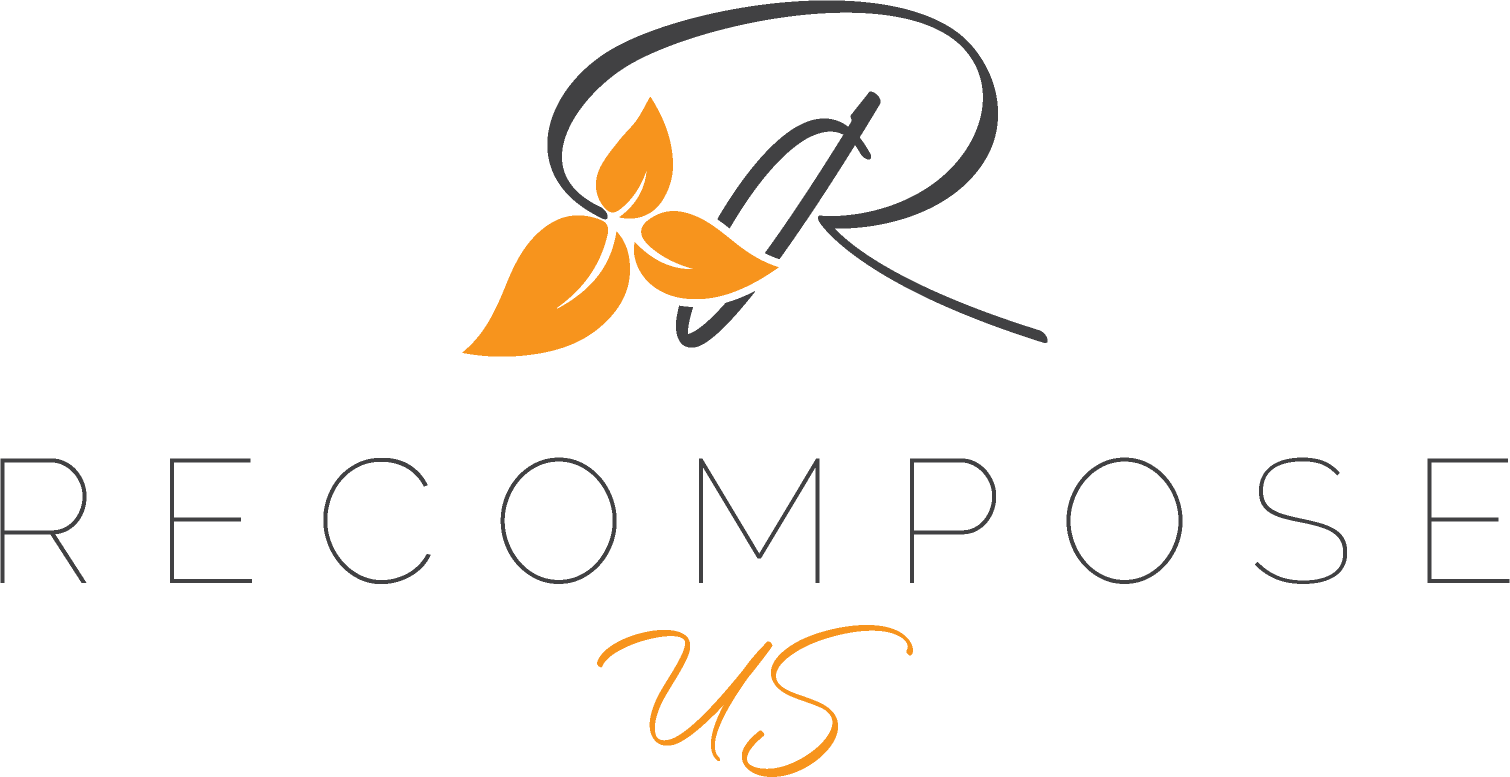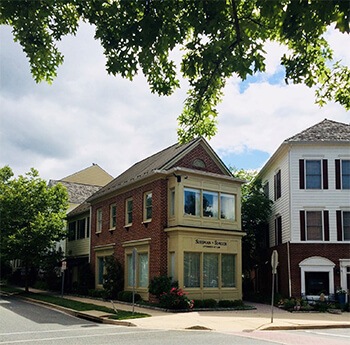Elizabeth Carr, Psy.D.: Cherie, How did you come to the field of alternative dispute resolution and what draws you to this work?
Cherie Morris, CDC: It’s Important that I describe my experience in the law and why, with specificity, I prefer Alternative Dispute Resolution as my full-time practice. I studied conflict resolution as an undergraduate and was the 1988 Outstanding Political Science graduate. It was already clear that my passion was for resolving disputes but I didn’t yet know what form it would take. I I have practiced law since 1991 (University of Iowa College of Law 1991). Although I have an active DC law license I do not practice law as I prefer to use transformational mediation and coaching to help people cooperate to resolve their conflicts.
I practiced in many areas of the law, including insurance defense, pharmaceutical defense, employment defense and as a plaintiff’s employment class action lawyer on behalf of victims of age, sex, and other forms of discrimination. Although it was about various legal issues, and was the formal practice of law, I learned, vividly, again and again, it is really about helping people, in various ways, manage relationships with others that is most impactful. Then, during my own divorce, I recognized the stark and unmet need in the most personal area of the law. There are better ways to educate people about divorce and to “recompose” rather than deconstruct a family than traditional divorce offers. I was already trained as a mediator, but turned my task, full-time, in 2013, to this area of interest as I believed it also brought together my strong interest in family relationships as they intersect with the law.
Elizabeth: At that point you could have just focused full time on family law mediation. Why didn’t you?
Cherie: I found the CDC program and it spoke powerfully to the idea I knew already from the practice of law, that the legal solution alone could not resolve disputes. I understood, now from personal experience too, that it takes much more, including education about mental health, communication, as well as practical choices for a family to successfully recompose. I also decided to pursue the credential as a parent coordinator as using my already developed analytical skills would inform the coaching I do too. Also, in 2013 I participated in transformational mediation and I recognized the powerful role individual motivation plays in resolving disputes too. People have to be ready to show up and do the work to resolve their conflicts. Sometimes, my work is helping people get there by sharing tools to do so.
Elizabeth: When did you become a Parent Coordinator and what is involved with becoming certified in Parent Coordination?
Cherie: I sought credentials for Parent Coordination in MD in 2017. Parenting coordination refers to a process by which parties work with a parenting coordinator to reduce the effects or potential effects of conflict on the parties’ child. I’ll also include a detailed description of the requirements for the state of Maryland here. I am listed as a Parent Coordinator with the Montgomery County court system but can help anyone who is looking for assistance is negotiating with a co-parent matters related to their parenting decisions. I specialize in helping you communicate, effectively, with a co-parent and creating a mindset for success in doing so to help you and your children thrive. I offer my services in a private setting, outside of the court system as I do not testify in court as part of my intentional philosophy around family matters, that is, asking a court to make a decision is sometimes necessary from far from ideal. I work with people outside court to achieve their goals.
Elizabeth: How do you approach this work with people? How is it different from working with a therapist, a clergyman, or a family law mediator?
Cherie: My bias is clear: get people to show up voluntarily, when possible, to feel heard and valued, and teach them the skills that will help them behave in line with what they learn can support themselves and their children, even when the family now looks different. I have done various mediation credentialing over the years since 1991. I continue to participate in continuing education, as required, but also read voraciously about alternative dispute resolution methods that continue to inform my coaching on a daily basis. So, I would say clearly that what I do is not therapy but practical “hands on” skills based work with people to help them align their lives with the values I help them recognize in our work together.
Elizabeth: Can this work for everyone? I have heard many stories over the years of failed mediation attempts where couples spent thousands in mediation, only to eventually end up in court anyway.
Cherie: I also know there are times this is impossible: if one person is either too mentally ill to be an effective participant or simply chooses not to cooperate. There is a reason courts exist, of course, and I still know less than ideal solutions are the likely result. However, I also believe there may be an approach not tried previously and encourage everyone with ongoing disputes to continue to search for their answer too.
Elizabeth: If people would like to learn more about how alternative dispute resolution coaching could help them, where can they learn more?
Cherie: Sure, here is a video I did for the CDC. And of course anyone here in the DMV area is also welcome to email me to discuss their situation and how coaching could be a support.
Elizabeth: So why did you join a Psychotherapy practice to offer your services and how does being able to offer people a team of coordinated support speak to you?
Cherie: This is why I feel so strongly that our “Recompose Us” program must include methods that are not limited to legal ones, even when people are likely to agree. Education is a huge component of separation and divorce (as well as other family law related matters such as disagreements about finances, parenting, extended family boundaries, pet visitation after break-ups, etc) and people, even healthy well-meaning ones, may not have the skills required to support themselves or their children in the healthiest possible ways. That’s why I think therapy, coaching and finally mediation can help most families find their way, and return for support, as needed, when bumps in the road arise. I’m here to help and I’m thrilled I have found a way to do so.

